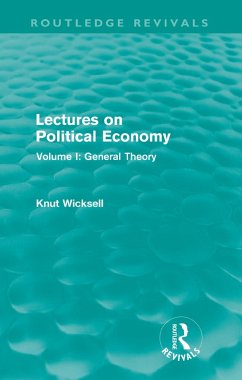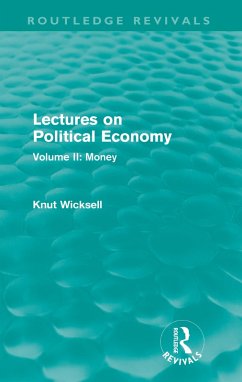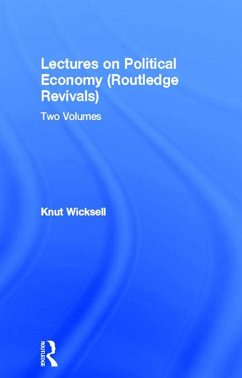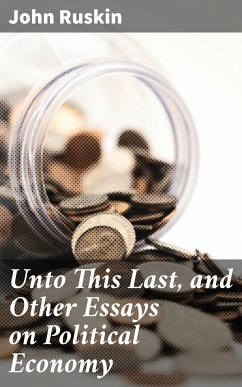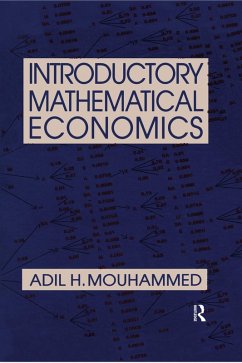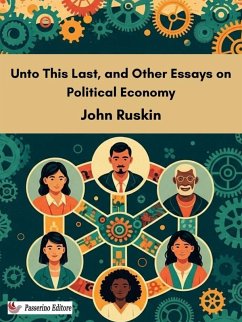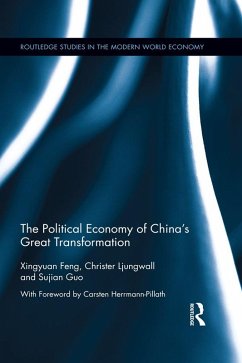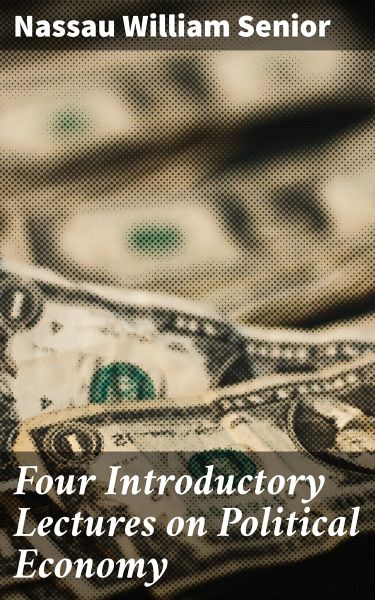
Four Introductory Lectures on Political Economy (eBook, ePUB)
Insightful Lectures on Economic Theory and Principles
Versandkostenfrei!
Sofort per Download lieferbar
0,49 €
inkl. MwSt.
Weitere Ausgaben:

PAYBACK Punkte
0 °P sammeln!
In "Four Introductory Lectures on Political Economy," Nassau William Senior presents a foundational exploration of economic principles that shaped 19th-century thought. Written in a clear and engaging prose style, the lectures dissect essential concepts such as value, rent, and production, providing readers with a comprehensive framework for understanding the evolving landscape of political economy. Senior's work positions itself within the classical tradition, offering a response to the burgeoning industrial society of his time, while addressing the ethics and social implications of economic ...
In "Four Introductory Lectures on Political Economy," Nassau William Senior presents a foundational exploration of economic principles that shaped 19th-century thought. Written in a clear and engaging prose style, the lectures dissect essential concepts such as value, rent, and production, providing readers with a comprehensive framework for understanding the evolving landscape of political economy. Senior's work positions itself within the classical tradition, offering a response to the burgeoning industrial society of his time, while addressing the ethics and social implications of economic policies. His rigorous analysis is complemented by practical examples, making complex theories accessible to a broader audience. Nassau William Senior was a prominent British economist and a key figure in the classical school of economic thought. His engagement with contemporaries such as John Stuart Mill and his roles in academia, particularly as a professor at Oxford, informed his perspectives on societal welfare and economic theory. Senior's scholarly background and interest in the intersection of economics and moral philosophy undoubtedly influenced the depth and clarity of his lectures, making them a vital resource for understanding the discipline. This work is highly recommended for students of economics, historians, and anyone interested in the foundational ideas that have shaped modern economic theory. Senior's approachable yet astute analysis encourages critical thinking about economic structures and their implications, making it an essential addition to the literature of political economy.
Dieser Download kann aus rechtlichen Gründen nur mit Rechnungsadresse in A, B, BG, CY, CZ, D, DK, EW, E, FIN, F, GR, H, IRL, I, LT, L, LR, M, NL, PL, P, R, S, SLO, SK ausgeliefert werden.





